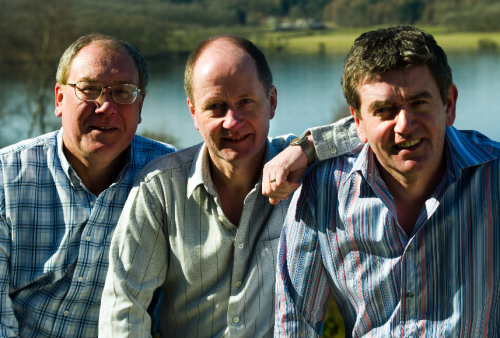Household goods group Lakeland ‘in sights of serial retail investor Modella Capital’

Family owned household goods retailer, Lakeland, is in the sights of investment vehicle Modella Capital, owner of Hobbycraft and Burnley-based The Original Factory Shop.
It is also one of two remaining bidders for WH Smith’s high street retail arm.
Windermere-based Lakeland called in advisors from Teneo to seek a prospective buyer in January this year.
Sky News is now reporting that it has become the latest takeover target of Modella, which could face competition from Hilco, the former owner of HMV, according to retail sources.
Lakeland is owned by brothers Julian, Sam and Martin, sons of the founder Alan Rayner who set up the business in 1964 as Lakeland Plastics.
Mr Rayner sold plastic bags for home freezing from his family garage.
It now sells more than 4,000 home and kitchen products.
The business employs 1,000 staff across its 59 stores throughout the UK and three stores in the Gulf states. Lakeland also operates a distribution centre in Kendal.
The three brothers retired from their operational roles in the business in 2020 and promoted Steve Knights to chief executive, formerly Lakeland’s commercial director.
Accountancy firm, PricewaterhouseCoopers, is advising HSBC, Lakeland’s principal lender.
It has been reported that Lakeland is seeking new funding running to tens of millions of pounds to tackle market headwinds, including a hike to its National Insurance bill next month.
A Lakeland spokesperson said in January: “In response to the challenging retail environment, we are considering a number of options to ensure a sustainable and long term capital structure, which builds on our 60-year heritage as one of the UK’s most innovative homeware retailers.”
In the last set of financial results file at Companies House, Lakeland reported a £1.95m loss on turnover of £153m and its auditors, RSM, warned of “material uncertainty… [about] the company’s ability to continue as a going concern”.
In the accounts the company admitted it was “facing the most challenging economic conditions for several decades with high inflation leading to falls in demand for many traditional categories”.







